Fish sludge could be used to rear bristle worms – a potential alternative fish feed ingredient
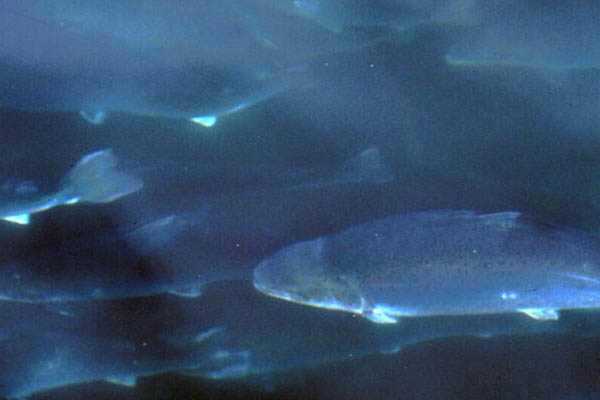
Typically, fish sludge recovered from hatcheries is used as compost and in the manufacture of fertilizers, as well as to improve soils and generate biogas. Fish farmers pay a fee to have this sludge removed – a major expenditure for smolt producers. However, fish feces and residual feed recovered from salmon hatcheries may soon become a sustainable, revenue-generating product.
Sludge recovered from both hatchery and grow-out facilities is rich in nutrients and can be fed to organisms, such as bristle worms, which represent a potential alternative to existing salmon feed ingredients. It’s already been demonstrated that bristle worms are an excellent raw material for salmon feed – a replacement for fish meal and fish oil. In partnership with the Norwegian Veterinary Institute and the Institute of Marine Research, the team at Norway-based SINTEF is exploring this possibility in a new research project.
“To date, we have yet to identify a bristle worm containing either a bacterium or a virus after having eaten sludge to which such organisms have been added,” wrote the researchers in a press release. “If future research gives us the evidence we need to declare bristle worms as risk-free, these annelids may become Norway’s next mass-produced feed organism.”
If the sludge from all existing Norwegian hatchery facilities was collected and used to rear bristle worms, it would generate an annual production of 1,400 and 540 tons of proteins and lipids, respectively. This could help address the forecasted “feed squeeze” that threatens Norway’s plans to increase its future salmon production by four- to five-fold.
“This constitutes only a small fraction of the nutrients that the Norwegian aquaculture sector will require,” wrote the researchers. “Nevertheless, the reuse of sludge will make a key contribution towards consolidating the circular economy in Norway, which aligns with the government’s social responsibility initiative.”
Can microalgae treat wastewater and be a valuable alternative fish feed ingredient?
It’s currently permitted to use nutrient salts recovered from “salmon sludge” for the cultivation of plant species, including microalgae. Microalgae also offer a possible source of proteins and lipids and are thus ideal as a feed ingredient.
“Microalgae cultivated in this way will also offer us minerals and other valuable compounds such as bioactive components, antioxidants and pigments with significant commercial value,” wrote the researchers. “The biological know-how and the technology we need to commence the sludge-based rearing of bristle worms are already in place.”
A cluster of Norwegian companies is now hoping to obtain public funding via the Research Council of Norway’s Green Platform initiative to construct a pilot facility based on this technology at Tjeldbergodden.
“The key to our ability to exploit sludge generated by the farmed salmon sector is more knowledge,” wrote the researchers. “If our research demonstrates that the sludge can safely be exploited for feed production, we will have taken an important step along the road towards a circular bio-economy in Norway.”
Read more about the study here.
Now that you've reached the end of the article ...
… please consider supporting GSA’s mission to advance responsible seafood practices through education, advocacy and third-party assurances. The Advocate aims to document the evolution of responsible seafood practices and share the expansive knowledge of our vast network of contributors.
By becoming a Global Seafood Alliance member, you’re ensuring that all of the pre-competitive work we do through member benefits, resources and events can continue. Individual membership costs just $50 a year.
Not a GSA member? Join us.
Author
-
Responsible Seafood Advocate
[103,114,111,46,100,111,111,102,97,101,115,108,97,98,111,108,103,64,114,111,116,105,100,101]
Related Posts
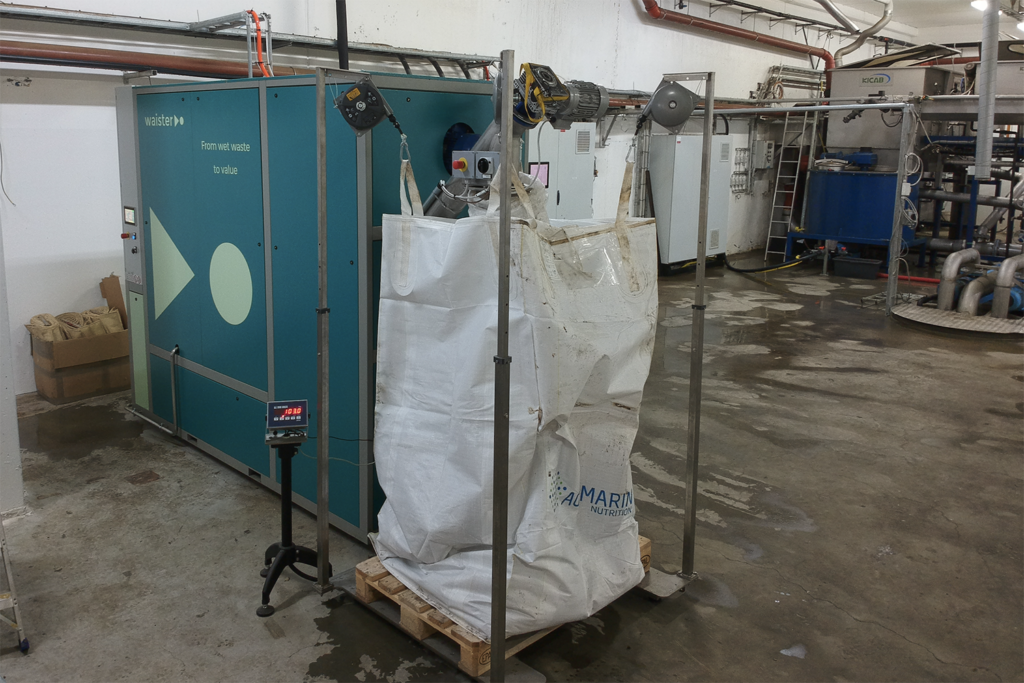
Responsibility
Valorizing aquaculture waste into bio-fertilizers and pet feed
Waister machines transform fish sludge and mortalities into bio-fertilizers and pet feed ingredients to valorize waste through circular economy principles.
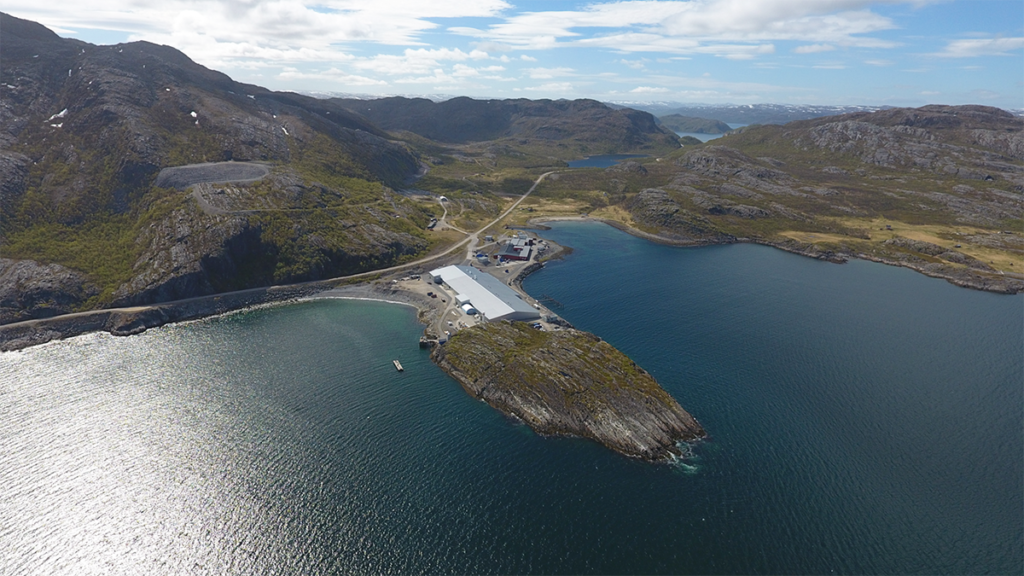
Responsibility
Sludge report: Finding value in Norway’s aquaculture waste
Bioretur converts aquaculture waste, or sludge, into fertilizer as demand for “circular economy” technologies grows.
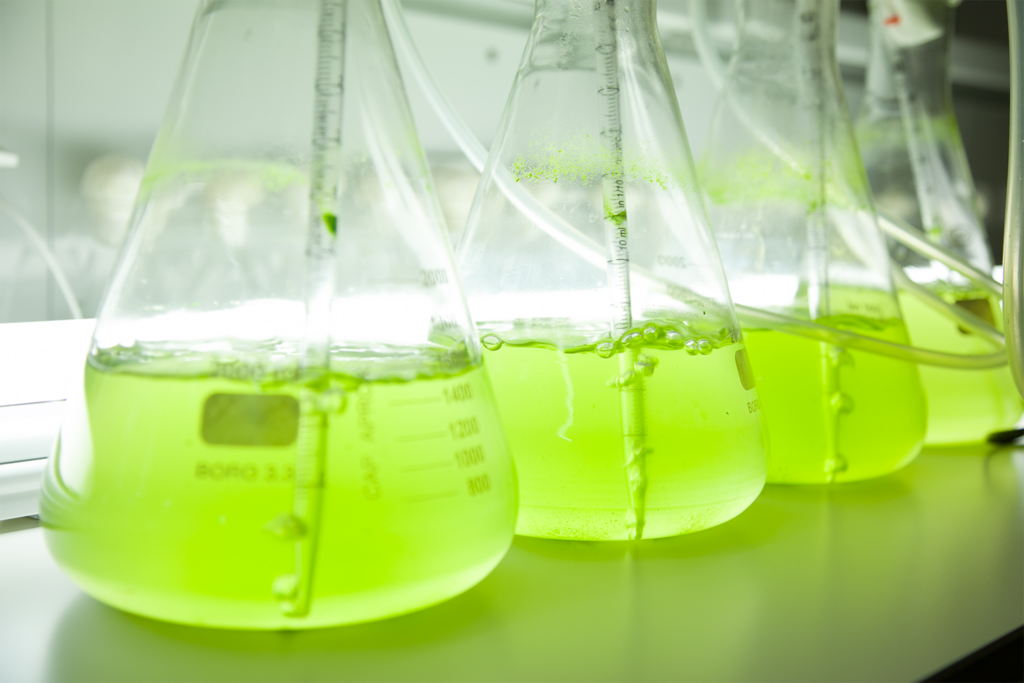
Responsibility
Potential for transforming marine aquaculture from the bottom up for a sustainable future
A focus on microalgae in marine aquaculture could help meet global nutritional needs and improve environmental sustainability and ocean health.
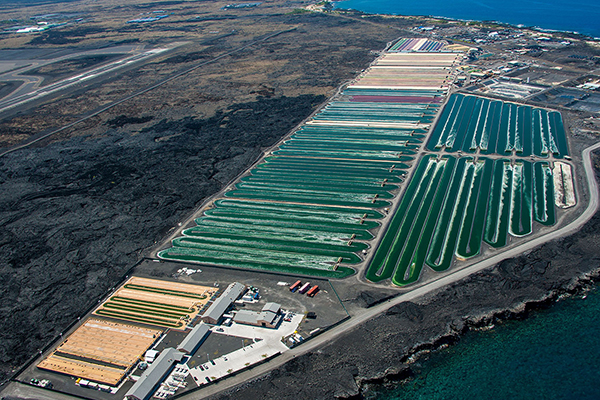
Responsibility
A circular economy approach to transform the future of marine aquaculture
Marine microalgae-based aquaculture has the potential to provide greater than 100 percent of global protein demand by 2050.



